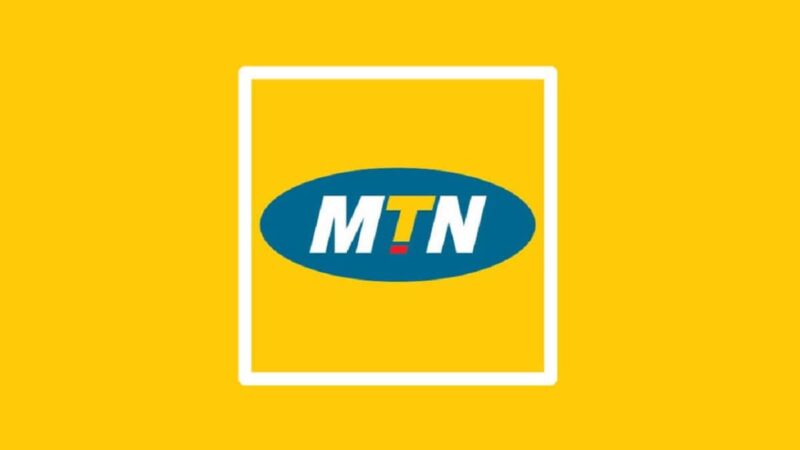MTN Nigeria Communications Plc has reported a staggering N514.9 billion loss for the nine months ending September 30, 2024.
Despite a N4.1 billion profit after tax (PAT) in the third quarter, the company’s overall PAT, adjusted for net foreign exchange losses, plunged by 59.2%. This decline is symptomatic of ongoing economic pressures and the volatility in the foreign exchange market.
One of the key contributors to MTN’s financial challenges has been the 0.9% reduction in its total subscriber base, which now stands at 77 million. The decline has been attributed primarily to the National Identification Number (NIN) verification process enforced by the Nigerian government.
This initiative, which mandates that all telecommunications subscribers link their SIM cards to their NINs, has led to the deregistration of millions of Subscriber Identity Modules (SIMs), directly affecting major operators like MTN.
MTN’s CEO, Karl Toriola, acknowledged the difficulties arising from this regulatory change, noting, “The ongoing NIN-SIM linkage has affected our ability to maintain a stable subscriber base. However, we are committed to adapting our strategies to navigate these challenges.” Toriola expressed.
The company’s earnings before interest, tax, depreciation, and amortization (EBITDA) fell by 5.3% to N860.2 billion for the period, with the EBITDA margin shrinking by 14.9 percentage points. The weakening naira has been a significant factor, with exchange rates fluctuating from ₦1.1 per dollar in December 2022 to approximately ₦907.1 per dollar by December 2023. This dramatic devaluation has eroded MTN’s earnings and inflated costs associated with foreign currency transactions, further squeezing its profit margins.
Despite these financial challenges, MTN saw a 5.1% growth in active data users, which reached 45.3 million. MTN also noted a rise in revenue from its data services, driven by a surge in demand for internet connectivity as consumers increasingly rely on digital platforms.
The broader telecommunications landscape is grappling with the implications of the NIN-SIM verification process, which has led to a decline in subscribers across all major operators.
Industry analysts have expressed concerns about the long-term implications of these regulatory changes and the broader economic instability for MTN and its competitors. The telecommunications sector in Nigeria faces a tough road ahead, with questions surrounding future investments and growth potential.
Karl Toriola emphasized the company’s commitment to innovation and customer retention strategies, stating, “We are committed to enhancing our service offerings and ensuring that we remain relevant in a rapidly changing market.” MTN is exploring partnerships and technological advancements to mitigate the effects of regulatory changes while improving its service delivery to consumers.










Join our Channel...